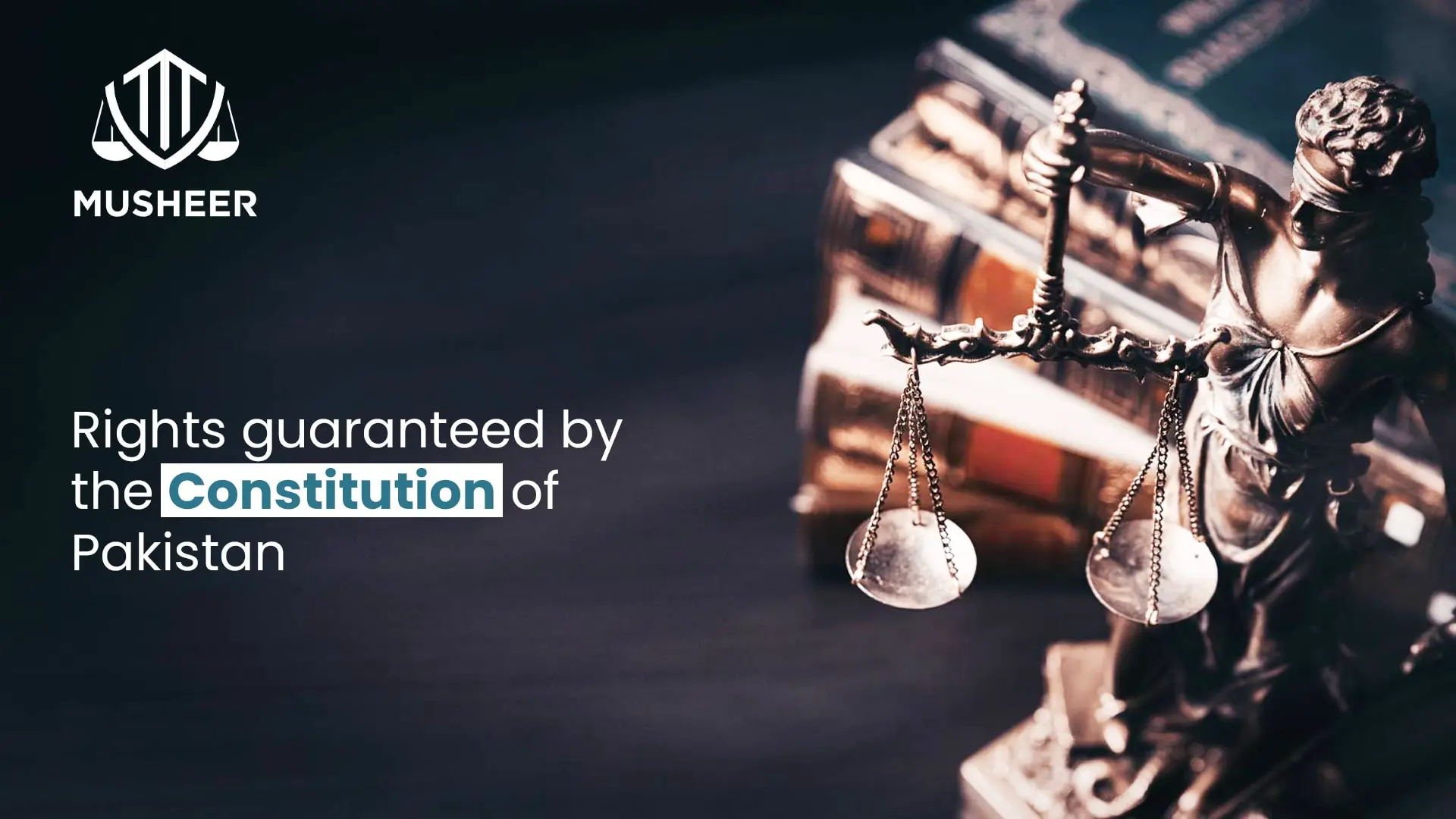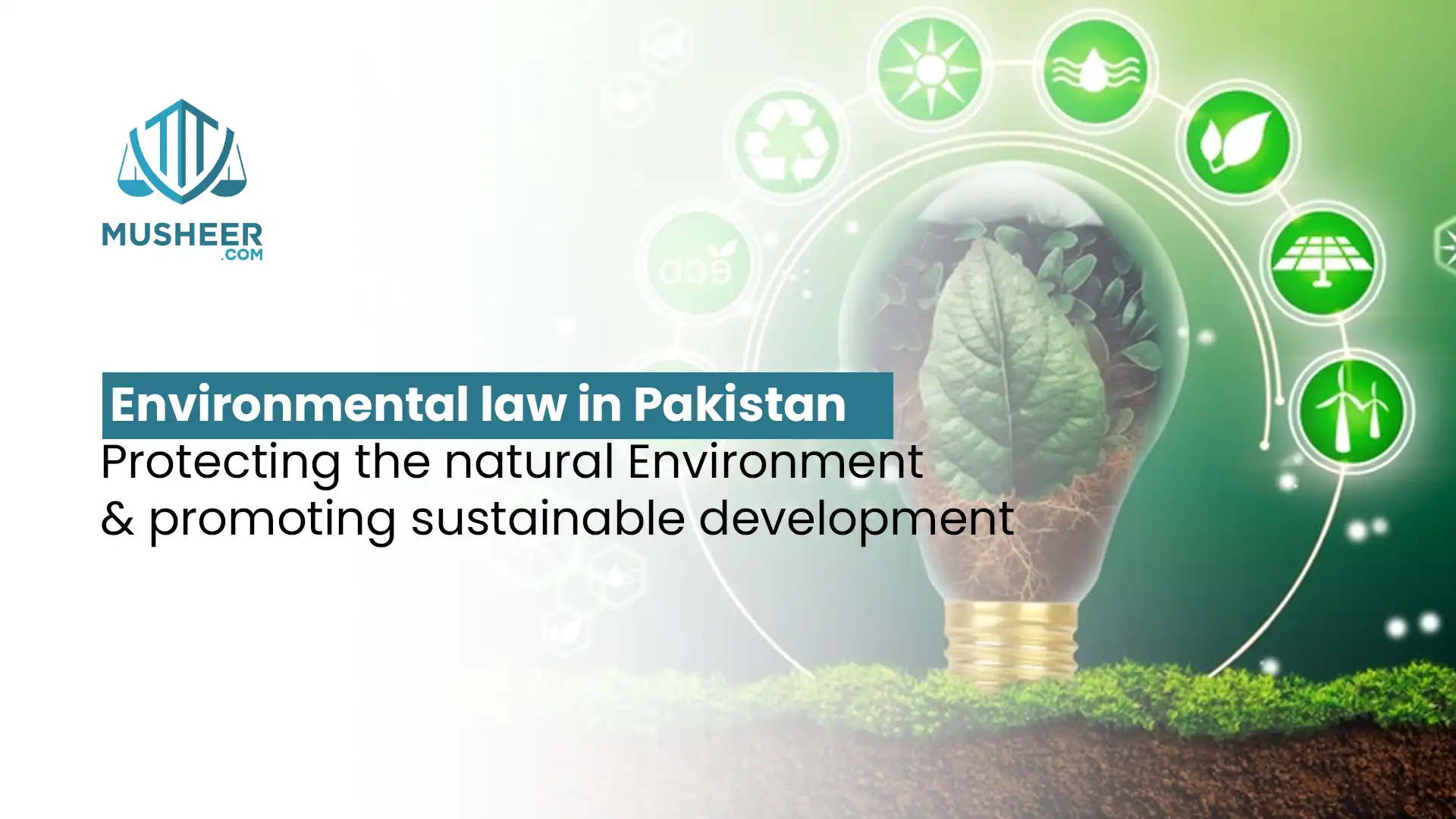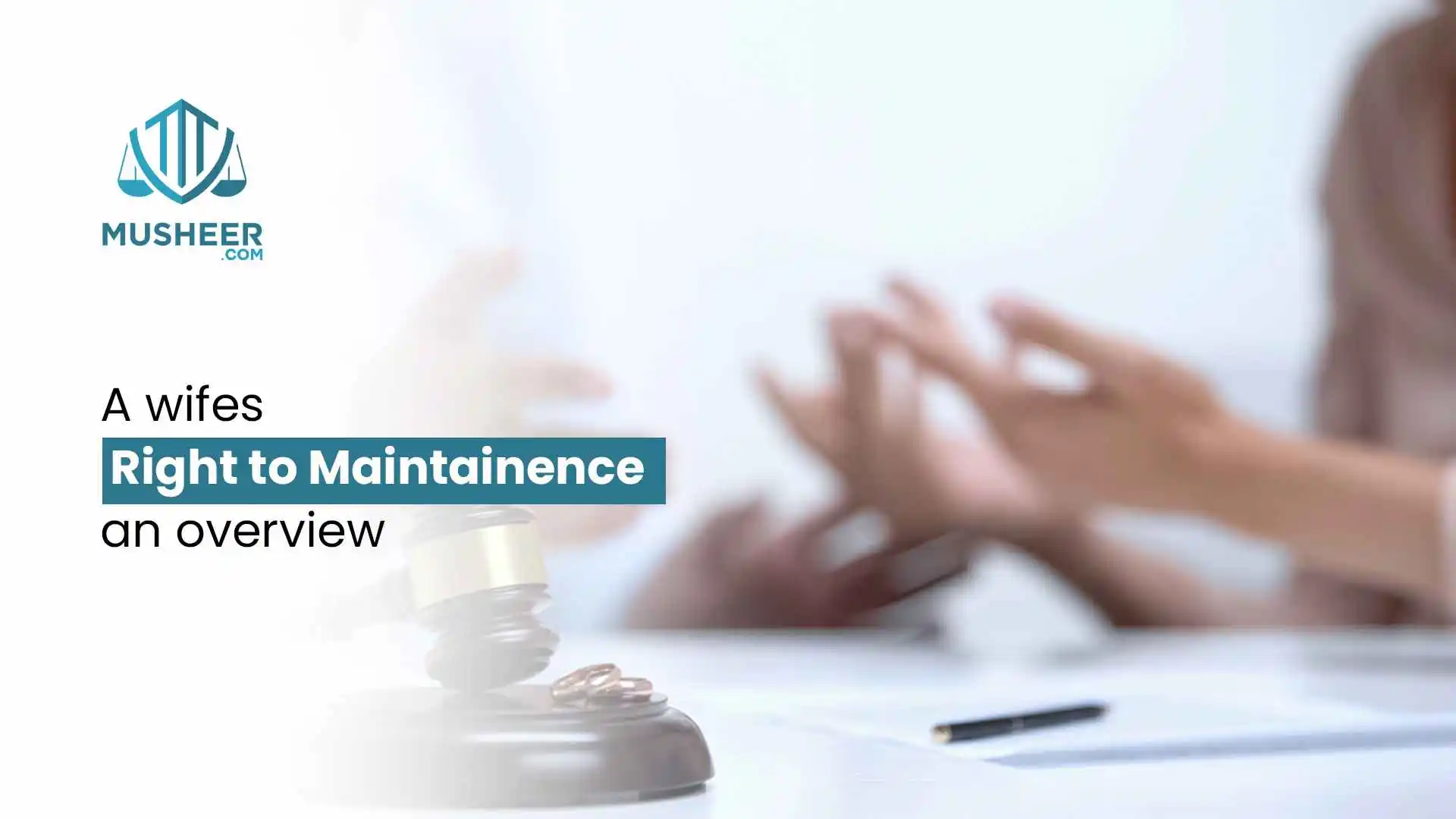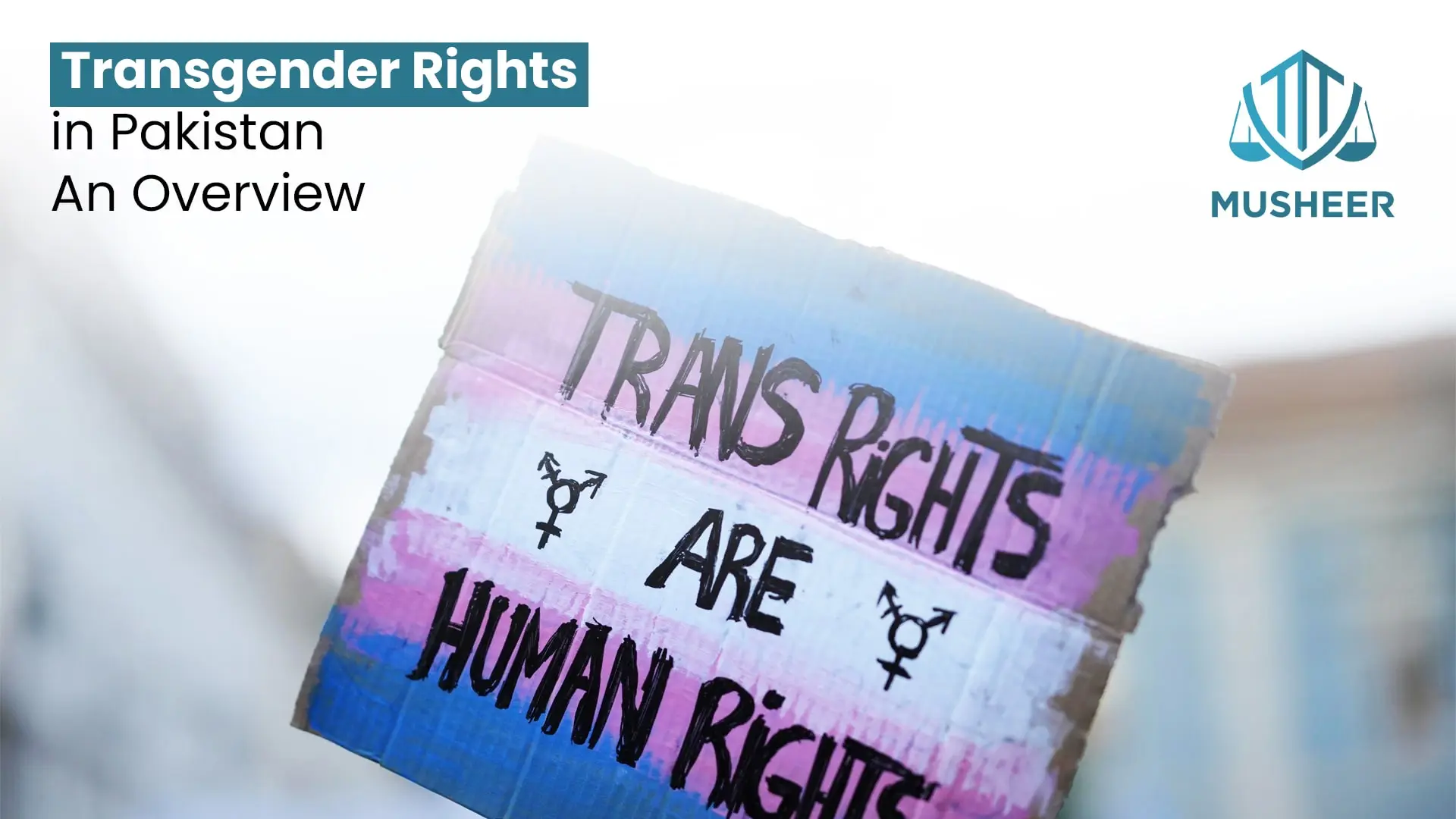Introduction:
Without regard to race, color, sex, gender, profession, political viewpoint, socioeconomic background, property, birth, or other position, every individual has the right to exercise their human rights. This ideology has been practiced in every country from the very start. Well, we will look down below to learn about the fundamental rights of Pakistani citizens in light of Pakistani law.
The National Assembly overwhelmingly passed Pakistan's third Constitution on April 10, 1973. This Constitution was remarkable because it was approved by and had the signatures of all the major political parties before being introduced to the National Assembly. Pakistan's parliamentary democracy is guaranteed by its Constitution. It ensures fundamental rights, provincial independence, and local government. Equal representation for all provinces in the upper house also helps foster equality among the federating entities.
Furthermore, In Pakistan, Chapter II and Articles 8–28 of the Constitution of Pakistan, 1973 guarantee fundamental rights. While Articles 9–14, 21, 22, and 24 deal with a person's rights, Articles 15-20, 23, and 25 cover the fundamental rights of Pakistani nationals.
Human and Fundamental Rights as per the Constitution of Pakistan:
Fundamental rights are their most basic rights. Fundamental rights are the unalienable natural rights that belong to every person, woman, and child equally as citizens of a free and civilized nation.
All Pakistani citizens are granted equal protection and equality before the law, as stated in the country's 1973 constitution.
The Pakistani Constitution has granted Pakistanis several essential freedoms and rights to achieve this goal.
Every Pakistani citizen has rights under Part II of the Constitution. There are 25 rights in the Constitution, which are enumerated in Chapters 1 and 2. The remaining 10 are social and economic rights, while the 15 include civil and political rights. According to the Constitution, any law that conflicts with the freedoms guaranteed by the Constitution is void (any law that violates the provisions of the Constitution is null).
Article 9: Security of Person
It states that a person cannot be stripped or deprived of their life or freedom unless it is conducted lawfully.
Article 10: Safeguard as to Arrest and Detention
-
No one who is arrested may be held in custody without first knowing the reason for the arrest.
-
Every person arrested must appear before a magistrate within twenty-four hours of being detained in custody.
Article 10(a): Right to a Fair Trial
A person facing criminal accusations is entitled to meet with or be represented by a lawyer of his choosing.
Article 11: Prohibition of Slavery and Forced Labour
The Constitution forbids slavery and all other forms of forced labor. No one may be made to work against their will.
No youngster under 14 can work in a factory, mine, or any other risky place.
Article 12: Protection Against Retrospective Punishment
Not to punish anything that wasn't illegal at the time the act or the omission occurred.
Article 13: Protection against double punishment and self-incrimination
No individual may be tried or punished more than once for the same offense, nor may he be forced to testify against himself if he is charged with a crime.
Article 14: Inviolability
-
Following the law, the privacy of one's house and the dignity of man are inviolable.
-
No one shall be subjected to torture to get information.
Article 15: Freedom of Movement
Every individual has the right to enter and travel freely throughout Pakistan, as well as to live and settle in any area, subject to any reasonable restrictions imposed by law for the benefit of the public.
Article 16: Freedom of Assembly
The right to peaceful assembly safeguards people's freedom to come together to discuss and share information, air their opinions openly, and hold nonviolent protests. The right to assemble peacefully without weapons is guaranteed by Article 16 of the Constitution. Only when it is necessary to maintain public order can the law restrict this privilege.
Article 17: Freedom of Association
A fundamental human right is the freedom of association, and Article 17 of the Constitution safeguards everyone's ability to create political parties, groups, and unions. The People of Pakistan may exercise this freedom, subject to acceptable legal limitations in light of Pakistan's sovereignty, integrity, public peace, or morality.
Article 18: Freedom of Trade, Business, or Profession
Every citizen has the right to engage in legal trade, company, profession, or occupation.
Article 19: Freedom of Speech
Every Pakistani citizen is entitled to freedom of speech and expression. Press freedom is guaranteed, subject to any lawful limitations that are reasonable and necessary for the integrity, security, or defense of Pakistan or the glory of Islam.
Article 19A: Right to Information
Subject to regulation and reasonable constraints set forth by law, every citizen shall have the right to obtain information in all areas of public significance.
Article 20: Right to Practice, Profess, and Propagate any Religion.
Subject to the law, public order, and morality, every citizen shall have the right to profess, practice, and disseminate their faith. Every religious group and its subgroups should be free to establish, preserve, and govern its religious institutions.
Article 21: Protection from Religious Taxation
This article includes the freedom from being forced to pay a particular tax and the freedom to practice, support, and spread religions other than one's own.
Article 22: Safeguard of Religious Educational Institutions
Suppose the teaching, ceremony, or worship is related to a faith other than his own. In that case, that person is not obligated to attend that school of higher learning or participate in that ceremony or worship.
Article 23-24: Protection of Property Rights
Every citizen in Pakistan has the right to purchase, possess, and dispose of property, subject to the Constitution and any reasonable limitations imposed by legislation for reasons of public interest.
Some may take no one's property from them unless it is permitted by law.
When purchasing land for hospitals, schools, residential colonies, the establishment of industries, and when public bodies/government agencies like the Railways, Water and Power Development Authority, etc., purchase land and pay owners as compensation for using their property, the government must offer reasonable compensation to the owner of the property or land if it is necessary for the good of the public.
Article 25: Equality of Citizens
All citizens have a right to equal protection under the law and are equal before the law.
There cannot be any discrimination based only on a person's gender.
The State may make any particular provisions to protect women and children without this Article's prohibition.
Article 25A: Right to Education
Following any applicable legislative requirements, the State shall provide free and compulsory education to all children between the ages of five and sixteen.
Article 26: Non-discrimination in Respect of Access to Public Places
There cannot be any discrimination against any citizen based solely on their race, religion, caste, sex, location of residence, or place of birth when it comes to access to public recreation areas or resorts that are not exclusively for religious purposes.
Article 27: Safeguard Against Discrimination in Services
No citizen otherwise qualified for an appointment in the Pakistani government should be subjected to discrimination in connection with any such appointment solely based on race, religion, caste, sex, place of residence, or birthplace.
Article 28: Preservation of language, script, and culture
Any citizen group with a distinctive language, writing system, or culture must have the freedom to do so and the legal right to create institutions for that purpose. (people should make efforts equally to promote Pakistan's culture.) The responsibility for handling cultural issues has been delegated to the provincial departments of culture.
Conclusion:
In a nutshell, protecting fundamental rights and human rights supports the health of the economy of the country and the peaceful coexistence of its citizens. All of Pakistan's citizens must have access to these rights unaffected by racial, socioeconomic, religious, or geographic prejudice. Otherwise, Pakistan cannot be considered a self-sustainable and a rising economy, among other things. Every policy must be centered on people rather than a specific location. No one's rights may ever be violated. The present reality must be accepted before we can imagine a better future.
Sadly, despite having laws and remedies to protect them, we frequently witness human rights violations. That is because people continue to be ignorant of their rights and legal options, lack faith in government institutions, and are subject to a faulty court system, a "might makes right" mentality, a pervasive social acceptance of abuse and violence, and other problems.
To raise the next generations in a society that values human rights, safety, and peace, it is necessary to promote behavioral change and reform in educational training, communication, and constructive dialogue through the media, clerics, and pragmatists, among others.








